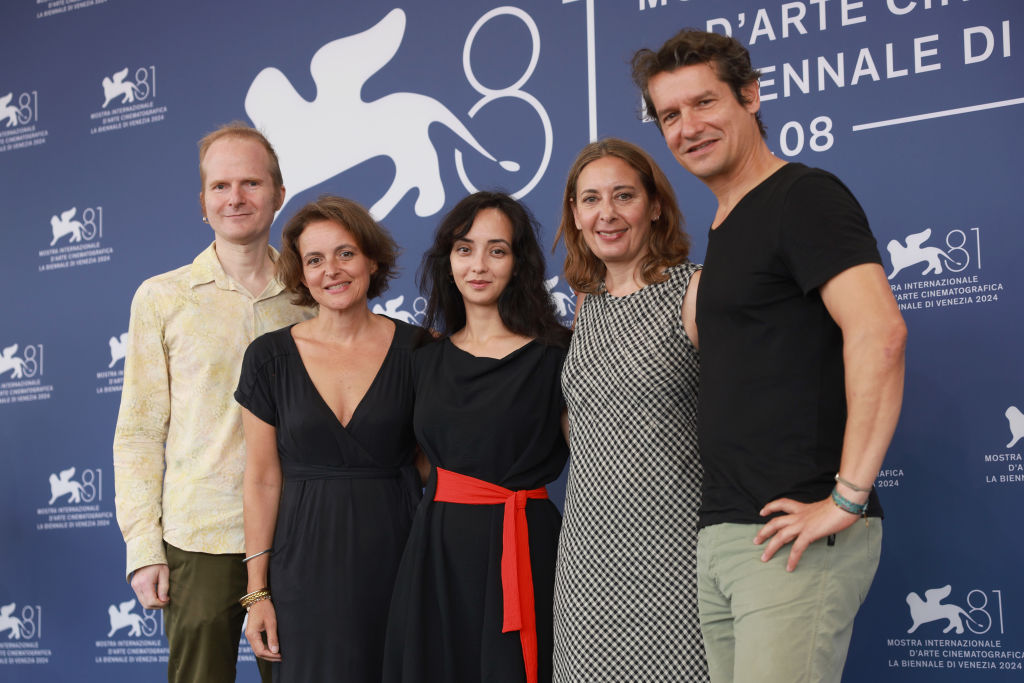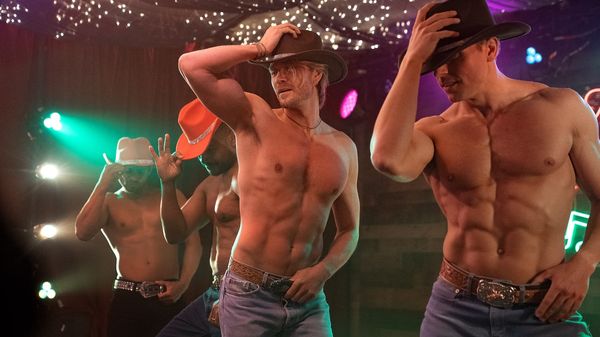Sep 16
TIFF Dispatch 4: The Final Days, Winners and Controversy
C.J. Prince READ TIME: 6 MIN.

Source: Photo by Matt Winkelmeyer/Getty Images
It's an unfortunate case of intimidation and censorship, and having seen "Russians at War," the accusations of Russian propaganda are far from true (the film is a co-production between Canada and France, and the filmmakers insist the film received no support from the Russian government). However, Tromifova's film is so irresponsible in its design and execution it's unsurprising that people would see it as propaganda. She opens her film on a train in Moscow over the holidays, where a chance encounter with a Russian soldier dressed as Santa inspires her to follow him to his battalion once he's called back to the war. After some back and forth with the battalion leader, they finally agree to let her stay and document them. She points out that she's doing this entirely on her own; she didn't contact the Russian Ministry of Defense for permission, nor did she apply for press credentials while spending months on the frontlines.
It doesn't occur to Tromifova that there's a reason why members of the press get credentials and a special status in warzones. And when the soldiers give her one of their uniforms to wear and "blend in," she doesn't consider the implications of putting the uniform on. This is reckless behavior from Tromifova, one that sidesteps all ethical considerations in the pursuit of some idea of truth. Much of the film plays out as a conventional documentary, including some egregious editing and use of a score intended to emotionally manipulate viewers when they see people mourning their dead family members and/or fellow soldiers. Tromifova wraps her film up with narration about her disgust at Russia for exploiting its population to die in a senseless war. Yet she never considers her own role in filming her subjects' criticisms of Putin and the Russian government, a choice that opens the possibility of retaliation by Russia. I'm against "Russians at War" being suppressed by people for false accusations (I had the benefit of watching the film and making up my own mind, and so should everyone else), although I have to wonder why TIFF selected a film so careless and dangerous to be a part of its programme. Sadly, the more relevant conversations that should be had around this film will likely get drowned out.
This is not the kind of topic I expected to discuss in my last festival dispatch, but this controversy speaks to a broader point that's relevant to LGBTQ+ and marginalized communities as a whole. Film festivals typically function as a progressive space, where films without commercial appeal can be given a platform to connect with audiences (or, if we're talking strictly business, convince companies there's enough of an audience to buy and release these films). Festivals should function as safe havens for marginalized people, and anyone who considers themselves a part of these groups should pay close attention to how a festival handles its own politics. The marginalized do not have the privilege of living apolitically, and the slew of corporate sponsors for events like this should serve as a reminder of which interests have the most influence over these organizations.
TIFF hasn't wavered in its support of "Russians at War" so far, and despite my issues with the film it's admirable to see them refuse to cave in to pressure to condemn the film from people acting in bad faith. But this controversy is far from over, and if an organization like TIFF, or Sundance, or Cannes, or any other like it chooses to stand down in these situations, these spaces won't be safe for anyone the moment their existence becomes politically inconvenient.







